Courage, Dear Heart: Reflections from the 2022 Charlotte Mason Educational Retreat
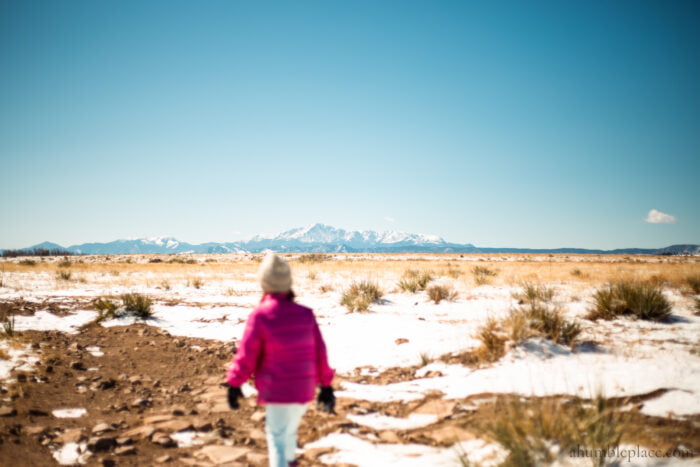
For several years in the afternoon of the last day of the Charlotte Mason Educational Retreat, we’ve had a session known as “Group Reflections.” During this time, all the people who stay until the very end of the retreat gather in the fireside room to talk about what we’re taking away from the weekend. We go around the room, and every person has a chance to share. Sometimes there is laughter, and many times there are tears. We keep a tissue box handy in the middle of the circle, and I’ve had to use it a few times myself.
This year, I prefaced what I had to share by saying that I’ve learned in recent years that I need time to think about these talks before figuring out how they fit into the facets of my life. I need to mull them over and consider them from different angles. This is especially true of a weekend of ideas that are not only for my homeschooling journey but also, in many ways, ideas for my life, as this retreat has so often turned out to be. It’s been two weeks since I came home from the retreat, and I’ve had time to digest and reflect, but the ideas from this year will probably bounce around my mind for a while to come.
Our speaker this year was Nancy Kelly, who also spoke at our retreat back in 2018. She has a way of making her talks inspiring and practical, which I feel is often a hard line to walk, especially in the Charlotte Mason world. This year was no different, and the way her talks blended into each other and complemented each other made them all the more inspiring.
The talk that I have found coming to mind the most since the retreat ended was on “Courage,” our third plenary of the weekend. In it, Nancy highlighted a passage from Charlotte Mason’s Ourselves discussing different types of courage. I’ve read the book twice before, so I’ve read this passage at least twice, but my mind never clung to the ideas expressed there as it did after her talk.
Up to this point, I usually associated “courage” with physically dangerous situations. Sure, there was the “courage” of speaking in front of a crowd or asking my employer for a raise, but these didn’t count. Scenes from battle, rescue missions, and high-adrenaline activities came to mind when I thought of being courageous. I didn’t associate it with facing the bad attitude of my 8-year-old daughter, who, once again, doesn’t want to set the table (when there would be less conflict if I just did it myself). I didn’t associate it with admitting I made a mistake to my 11-year-old son (or anyone else, for that matter). I didn’t associate it with keeping a level head and calm demeanor when all around me is complete chaos. I didn’t associate it with letting a friend know they hurt me. I didn’t associate it with hearing from a friend that I hurt them. I didn’t associate it with being able to say no to someone asking me to help them with something when my to-do list is already full. I didn’t associate it with homeschooling.
In other words, my definition of courage was pretty narrow.
Given my narrow definition, I’ve never thought of myself as a courageous person. I have not fought in any battles. I have not pulled anyone from a mangled car. I have not scaled the flat side of a mountain.
But after listening to this talk and dwelling on this passage from Ourselves, I have begun to hope that this “Lord and Captain of the Heart” who “all persons are born with,” according to Ms. Mason, dwells in me as well.
The form of courage that I am especially hoping for from Ms. Mason’s list in the passage is that of our “Affairs.”
Anxiety is something I have struggled with for most of my life. Mainly, though, in the last eight years or so, very challenging life circumstances and the added fears that come with raising children in a world like ours have often magnified my anxiety to excessive levels. Most days are not bad, but there are those days when it is very hard to see the light.
So, I am clinging to this passage:
The form of fear that is inclined to fret and worry and become agitated under any slight stress of circumstances, darkens into anxiety in the face of some success we are striving after, some calamity that we fear. Anxiety obtains more sympathy than other forms of fear, because the person who is anxious suffers much, and the cause for anxiety is often sadly real. But we do ourselves injustice by being anxious. We have been sent into life fortified, some more so, some less, with a Courage which should enable us to take the present without any fearful looking forward. And, indeed, we do so, the feeblest of us, when we are kept fully employed by immediate things. That is how mothers and wives can go through months of the nursing of their nearest and dearest with cheerful countenance. They tell you they dare not look forward, and that they live from hour to hour, and so they are able to bring happiness and even gaiety into the sick-room, though a sorrowful end is before them. If this noble Courage is possible in the face of coming grief, it is also possible, if we would believe it, in the face of lesser matters––coming examinations, coming losses, coming distresses of every kind, even that worst distress, when those dear to us fail us and fall away from godly living. “Let not your heart be anxious” (R.V.) is the command of Christ. The command presupposes the power of obedience, and it is for this that heavy things are spoken of the ‘fearful and the unbelieving.’
Charlotte Mason, ‘Ourselves’ vol 4 pg 114
I am also clinging to another quote Nancy mentioned from C.S. Lewis’s “The Voyage of the Dawn Treader,” in which Aslan, in the form of an albatross, whispers to Lucy: “Courage, dear heart.” This was yet another passage from a book that I’ve already read but never spoke to me in the same way it did during this talk. These three simple words have also been repeated often in my mind. For the last two weeks, I’ve written them in my weekly planner so I can have the reminder that perhaps I have done myself an “injustice by being anxious.”
My anxiety is at its worst when I’m thinking about the things the future might bring. I am scared of these things. And as Ms. Mason says in the passage above, “the person who is anxious suffers much,” which has been very accurate in my life. As my close friends can testify, when I go into the dark world of the “what ifs,” I am unable to come outside of myself, and I walk around as if the End has already come. I stay in this anxiety and fear, letting the dark possibilities of various situations play out their inevitable conclusion in my mind. I am not proud of this and often feel a great deal of shame when one of these periods of extreme anxiety passes.
In many ways, Nancy’s first talk of the weekend on “Simplicity,” and where our focus should be, can also come to my aid in this area. It reminded me of another talk she gave at the retreat in 2018 that inspired me to start being a little more mindful of where my thoughts are taking me and where (and on Who) they should be focused. It has helped, but right now, with where I am in my journey, I feel that courage, especially, counters this anxiety.
Whereas in the past, when I’ve tried to pull myself out of these dark places by telling myself that most of these things will probably never happen, courage actually allows for them to happen in my mind. And surprisingly, there is peace in that. Courage says, “Yes, that could happen. It is a possibility. And we will face it.” Courage doesn’t try to sugar-coat it or make everything “all better.” Courage says, “If it happens, we will meet this head-on. We will see it through.” And not only is there comfort in accepting this “meeting problems head-on,” but there is also comfort in knowing Who is on the other side of that “we” as well.
And so when that anxiety starts to build up again, I hear those words in my head, “Courage, dear heart.” There is no immediate relief, but each time that I choose courage over fear, the End becomes a little less inevitable.
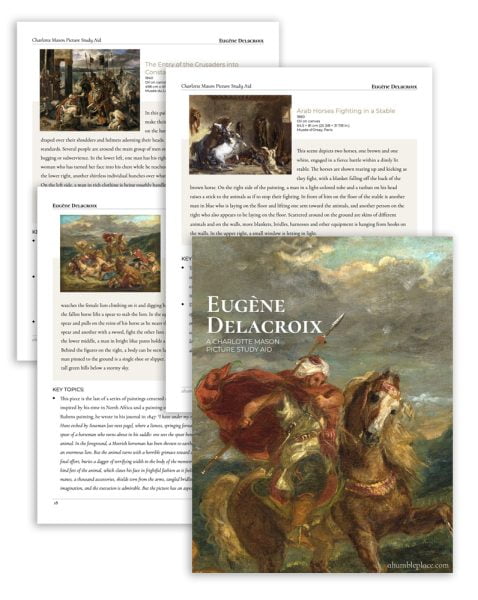
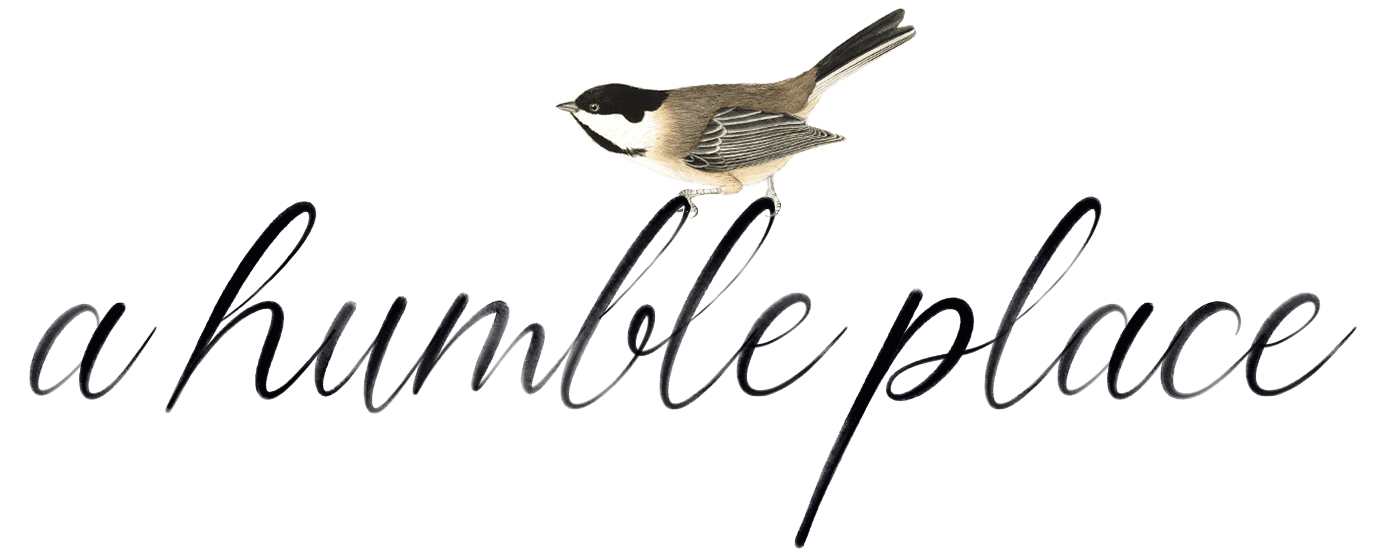
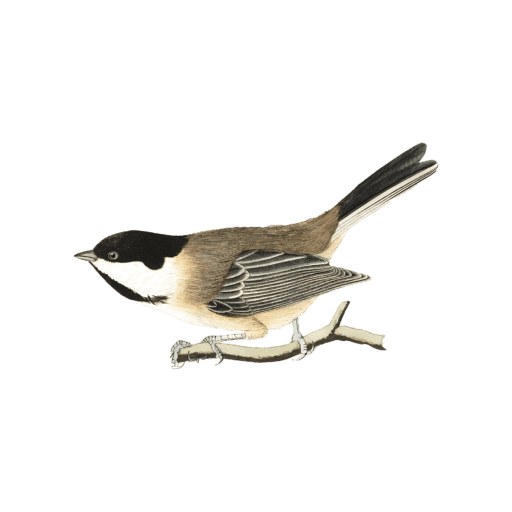

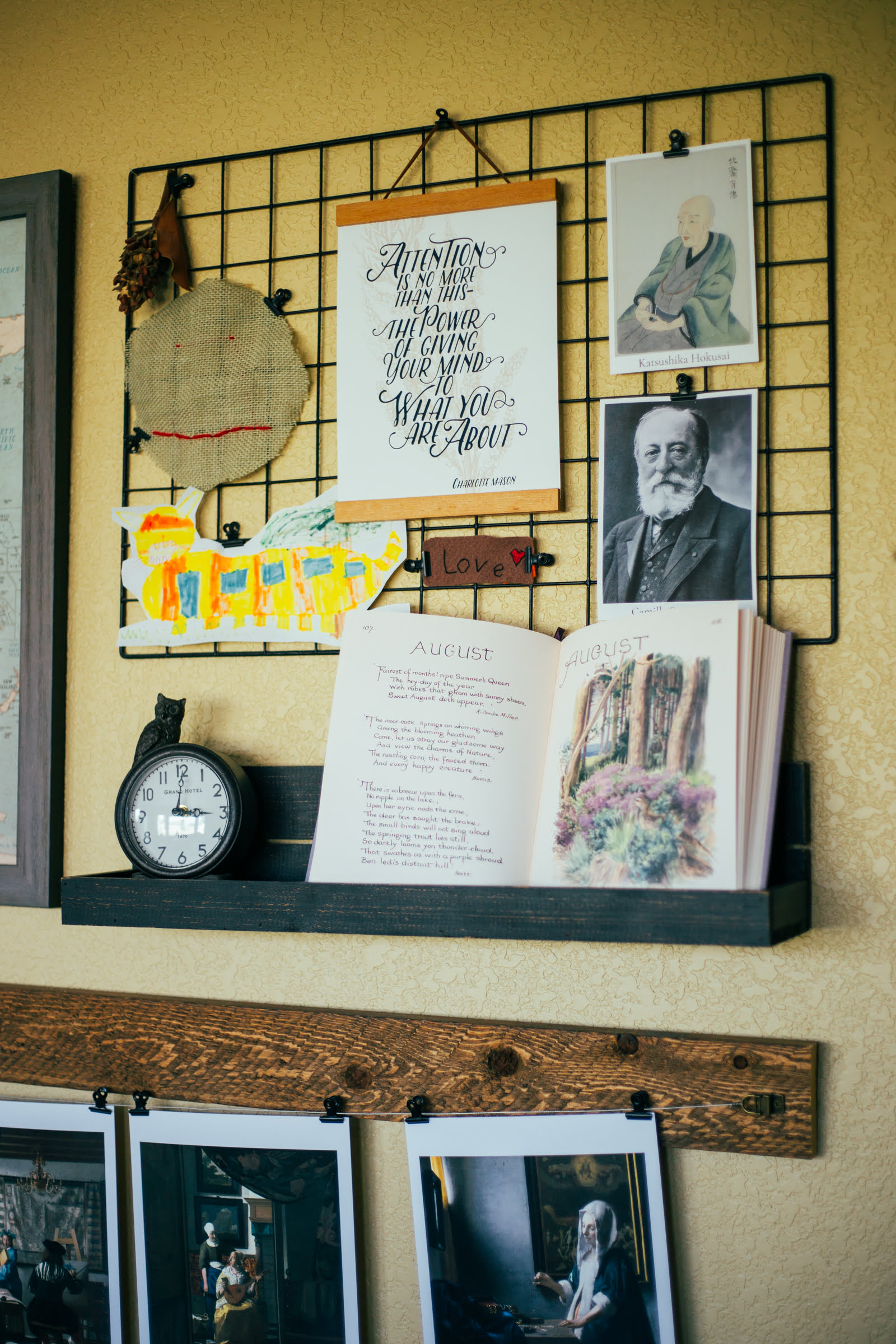




What a practical way of looking at courage. All the examples you gave are way more applicable to my life, much more so than rescuing someone from a burning building. Thank you for sharing your thoughts and a new way of facing the “what if’s” of life. Also very practical, and that’s what I need. “We will see it through.” So good!
A beautiful reflection! I never thought of courage in those ways but you’re so right. I also struggle so much with anxiety. I’ve enjoyed reading your blog as I’m about to start my own homeschooling journey. Keeping being courageous!
I think when I frame things in terms of it being courageous, especially if it’s not easy, I’m more apt to do it or take it on. 🙂
Absolutely lovely. How beautifully stated and I thank you for taking the time to paint this picture of courage, that you received, for those of us who were not there to experience it ourselves. I needed it.